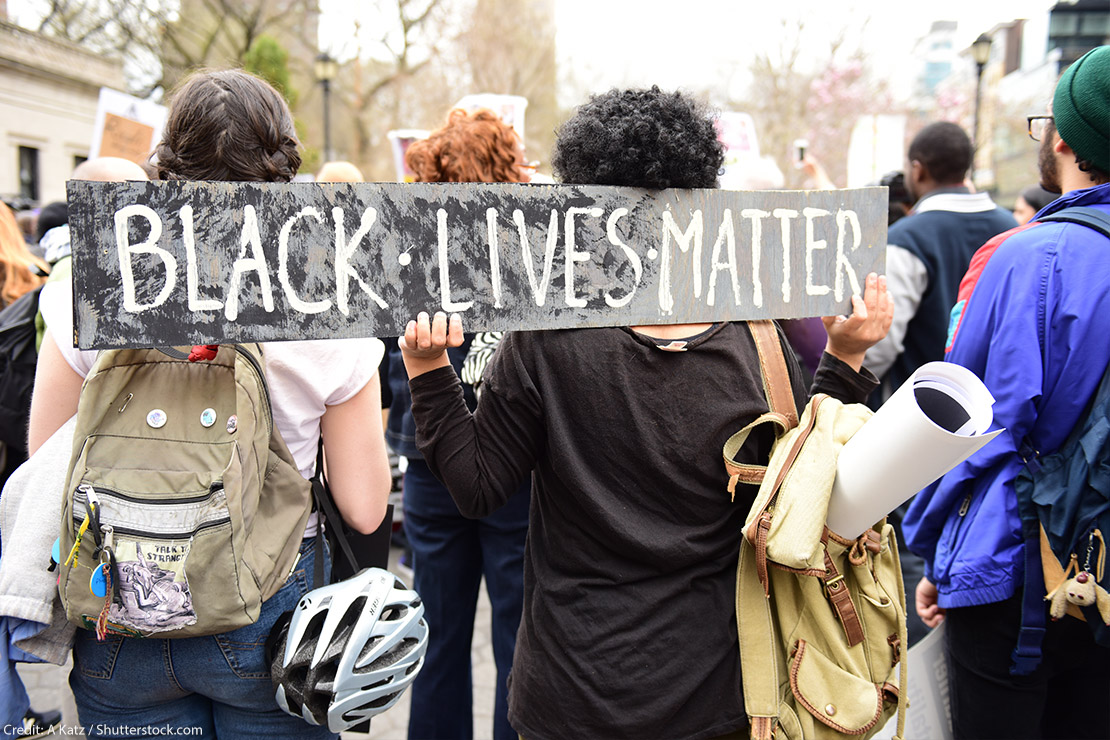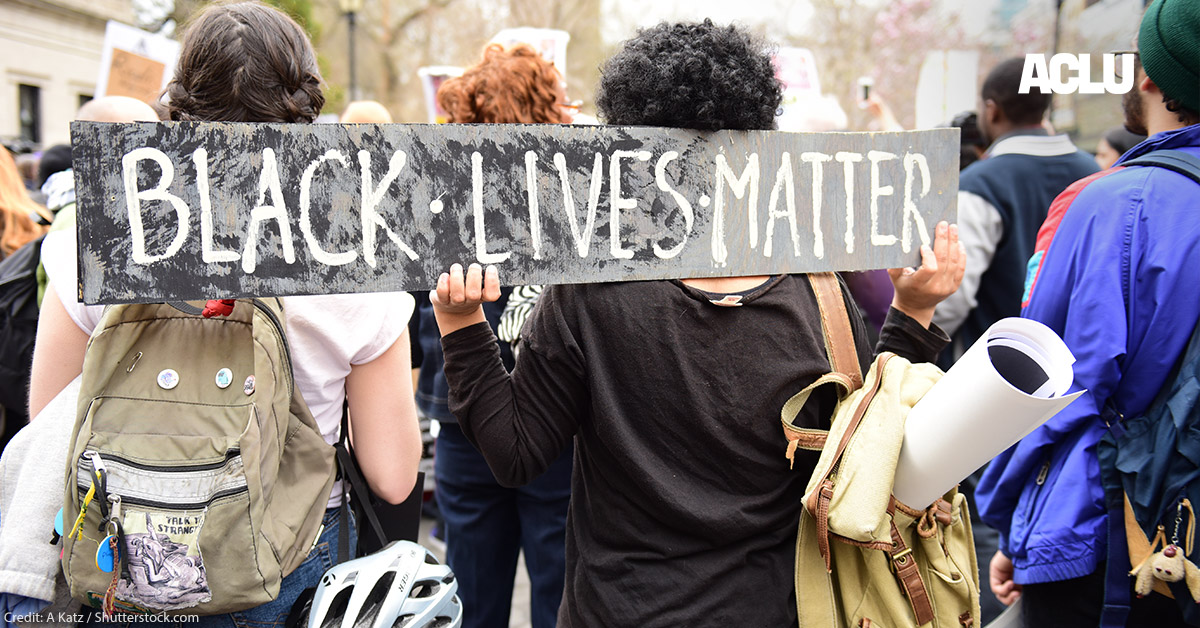By Jonathan Hafetz, ACLU Senior Staff Attorney & Aly Panjwani, ACLU Legal Assistant
For well over a year, the U.S. government has held Adham Hassoun in a detention facility without trial, without criminal charge, and without end in sight. Today, a court ordered the government to release him and expressed contempt for the government’s frivolous and alarming legal position: “Distilled to its core, [the government’s] position is that [it] should be able to detain Mr. Hassoun indefinitely based on the executive branch’s say-so, and that decision is insulated from any meaningful review by the judiciary. The record in this case demonstrates firsthand the danger of adopting [the government’s] position. [The government’s] position cannot withstand constitutional scrutiny.”
The Court gave the government until July 2 at noon to seek an emergency appeal to block Mr. Hassoun’s long-awaited release, even as the Court told the government it didn’t have “a serious chance” of persuading a higher Court of its baseless arguments. Failing what would be an unwarranted intervention by an appellate court, Mr. Hassoun will finally be free from his illegal imprisonment.
“These government officials have gamed the courts to drag out my detention,” Adham said to the court. “Now they apparently want to drag it out for many more months in appeals while I stay in detention. All I want is for someone to recognize the truth and to set me free.”
Though the ruling is a victory for due process, Adham will never get back the nearly 17 months he’s already spent locked up on false pretenses. That Adham has been deprived of his liberty for this long is an alarming example of the government’s abuse of overbroad national security powers.
The government claims it can indefinitely detain Adham based on a never-before-used provision in the 2001 Patriot Act that — it argues — lets the executive branch indefinitely detain someone it deems a “threat to national security.” The government also relied on an obscure immigration regulation which it said gave it sweeping powers of detention, and which the judge declared a “legal nullity” in December. In rejecting the government’s arguments, the Court warned that adopting the government’s position would give it a chillingly powerful weapon for imprisoning people without charge and without credible evidence.
Like many Muslim men in America, Adham became a subject of unfounded government suspicion in the years after 9/11. In 2007, he was convicted of violating a deeply problematic federal statute that allows prosecutors to charge people with “material support” for terrorism. In Adham’s case, that “material support” consisted of charitable aid to organizations supporting Muslims suffering in military conflicts abroad in the 1990s. After Adham served his criminal sentence, he was placed in immigration detention, where the government held him for several months. Once it couldn’t hold him under immigration law any longer, the government turned to the Patriot Act, dredging up a litany of false accusations to make it seem as though releasing Adham would endanger national security.
Adham filed a habeas petition to challenge his indefinite detention and vigorously denied the government’s allegations. In response, the government tried to block the court from even reviewing its contested evidence, arguing that the judicial branch had no authority to look into whether the government’s case against Adham was valid. The court rejected this argument and ordered an evidentiary hearing at which the government had to prove by clear and convincing evidence that Adham’s detention was justified.
Adham was eager to defend himself at his long-awaited day in court, which was originally scheduled for late April but delayed to June 24 due to COVID-19. And then — just days before the hearing — the government asked the court to cancel the hearing, conceding that it would not be able to meet the burden of clear and convincing evidence to prove Adham is a threat to national security. The government reasserted its objection to an evidentiary hearing in the first place and declined to put on a case, in a transparent attempt to avoid defending baseless allegations in court. Adham, knowing that the government has no case against him, agreed to the cancellation of the evidentiary hearing and asked the court to order his immediate release.
The government’s decision to back out of the evidentiary hearing followed a series of embarrassing revelations about its slipshod investigation — and the falsehoods at the heart of its case. For instance, after the court authorized discovery and Adham’s team began an independent investigation, it became clear that the government’s central allegations came from a single jailhouse informant named Shane Ramsundar. Ramsundar has a startling history of deception that includes defrauding fellow immigrants out of huge sums of money while posing as a federal agent. His allegations against Adham turned out to be recycled from previous allegations he’d made against other people in an effort to curry favor with immigration authorities and avoid deportation.
The government had this information all along, but never provided it to Adham’s lawyers, despite a legal obligation to do so. The government also concealed evidence that would have helped Adham and would have shown that its central allegations were false. When Adham’s team brought this malfeasance before the court, the government dropped Ramsundar as a witness, citing concerns about his credibility. The court is still considering Adham’s motion for sanctions against the government for failing to preserve and disclose critical evidence.
Amazingly, the government is still fighting to keep Adham locked up, even though its case has now been reduced to calling him a “radicalizing” influence for criticizing U.S. policies. The government says this precludes his release under any conditions of supervision. But criticizing this country, or any country, is not a legitimate justification for detention under any circumstances — let alone indefinite detention.
Adham’s case shows that habeas corpus remains a vital check on the executive’s detention power. It also shows how harmful and unwise it is for Congress to give the government the power to detain people based on claims of “dangerousness.” Such expansive power, long a hallmark of authoritarian regimes, leads to abuse, as this case powerfully demonstrates.
The government shouldn’t be able to imprison anyone indefinitely based on a pack of lies. Yet that’s exactly what it did — and is still trying to do — to Adham. The fight’s not over, and Adham’s life has been severely damaged by the government’s shameful conduct. But today’s court order is a welcome and important step toward his freedom and a victory for the rule of law.
Date
Monday, June 29, 2020 - 5:15pmFeatured image



